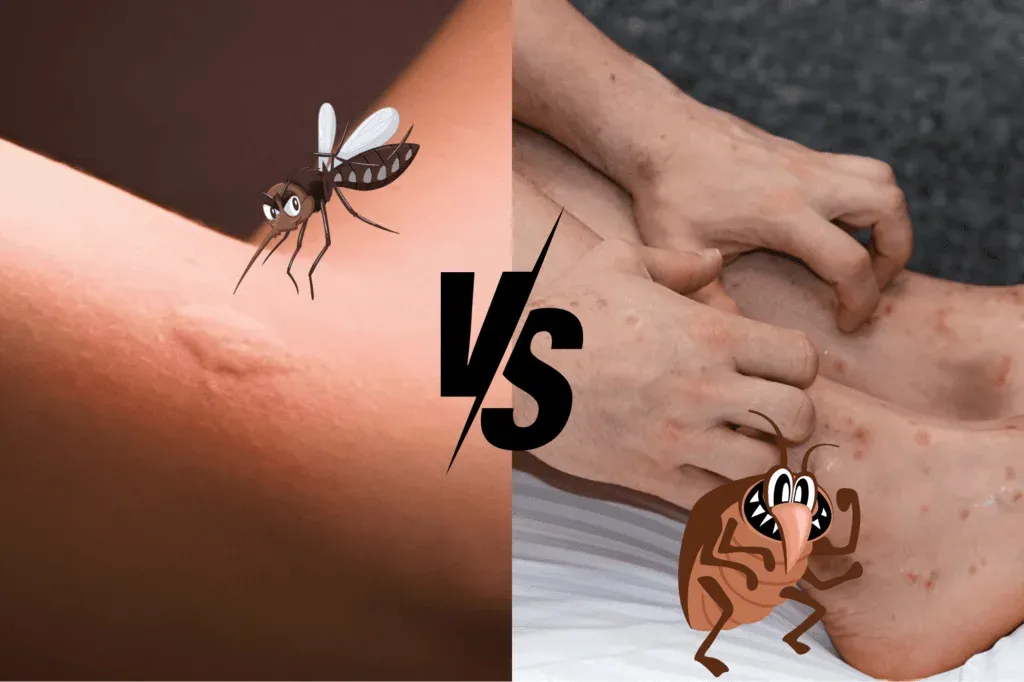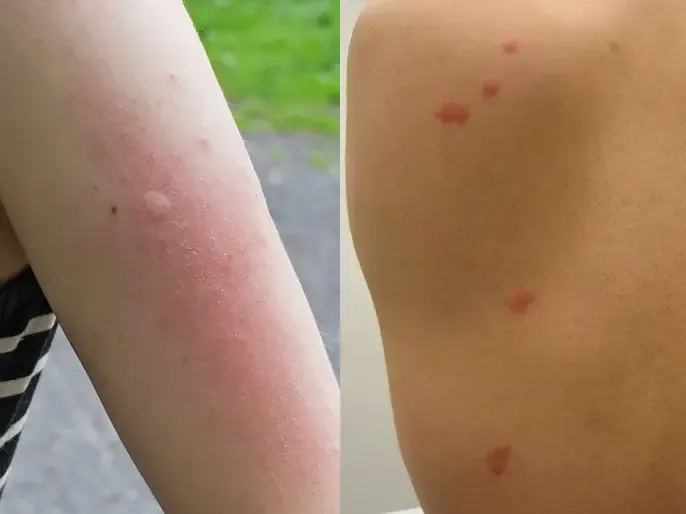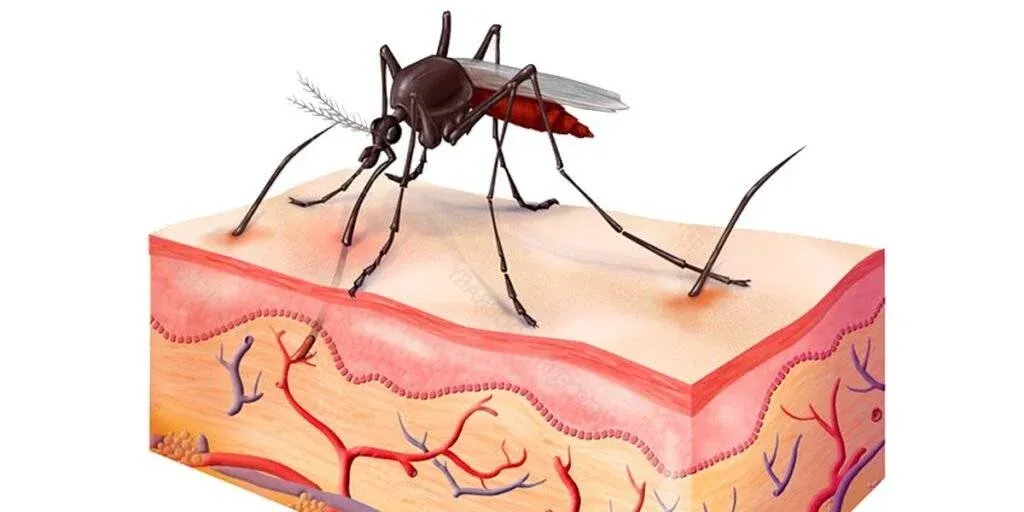During pregnancy, protecting yourself from mosquito bites becomes even more important. Mosquitoes can transmit harmful diseases like dengue, Zika, malaria, and chikungunya all of which can pose risks to both mother and baby. However, choosing the right mosquito spray for pregnant women can feel confusing. You want effective protection without compromising safety. This guide explains everything you need to know about pregnancy-safe repellents, natural alternatives, and smart prevention tips.
Why Mosquito Protection Matters During Pregnancy
When you’re pregnant, your body undergoes hormonal changes that make you more attractive to mosquitoes. The increased body heat and carbon dioxide levels you release can draw mosquitoes more easily. Unfortunately, mosquito borne illnesses can have serious complications during pregnancy, including fever, dehydration, or in rare cases, developmental issues in the baby.
That’s why finding the right mosquito spray for pregnant women is crucial for your health and peace of mind.
Safe Ingredients to Look For in Mosquito Sprays
Not all repellents are created equal. Some contain chemicals that may not be suitable for use during pregnancy. Always check the label and look for ingredients approved by health authorities such as the CDC (Centers for Disease Control and Prevention) and EPA (Environmental Protection Agency).
Here are some of the safest active ingredients:
DEET (≤ 30%) – Despite common fears, DEET has been proven safe for pregnant women when used as directed. It’s one of the most effective options for preventing mosquito bites.
Picaridin (10–20%) – A popular alternative to DEET, picaridin is odorless, non-greasy, and safe during pregnancy.
Oil of Lemon Eucalyptus (OLE) – Derived from natural sources, it offers strong protection but should not be used on babies under 3 years.
IR3535 – Found in many European repellents, it’s another safe and effective choice for pregnant women.
If you’re unsure, consult your healthcare provider before choosing a mosquito spray for pregnant women that suits your needs.
Natural Mosquito Spray Options
For those who prefer to avoid chemicals, natural sprays can offer gentle protection. While they may not last as long as synthetic repellents, they can still be helpful when used correctly.
Some natural ingredients to look for include:
Citronella oil
Lemongrass oil
Lavender oil
Peppermint oil
Neem oil
You can also make a DIY mosquito spray for pregnant women at home using distilled water, witch hazel, and essential oils. However, always perform a patch test to check for allergies or skin sensitivity.
How to Safely Apply Mosquito Spray During Pregnancy
Using mosquito spray safely is as important as choosing the right product. Here are a few important steps to follow:
Apply to exposed skin only. Avoid eyes, mouth, and open wounds.
Spray in a well-ventilated area. Don’t inhale directly.
Do not apply under clothing. Mosquitoes can’t bite through most fabrics.
Wash your hands after applying repellent.
Reapply as directed on the label, especially after sweating or swimming.
If you’re also using sunscreen, apply sunscreen first and then the mosquito spray for pregnant women to ensure maximum effectiveness.
Extra Mosquito Prevention Tips for Pregnant Women
Alongside using repellents, there are practical ways to reduce mosquito exposure:
Wear long sleeves and pants. Light-colored clothing repels mosquitoes better.
Sleep under mosquito nets. Especially useful in tropical regions.
Use window screens and door seals. Keep mosquitoes out of your home.
Avoid standing water. Buckets, pots, or puddles can become breeding spots.
Turn on fans. Mosquitoes are weak flyers and dislike moving air.
Combining these methods with a reliable mosquito spray for pregnant women gives you layered protection.
Recommended Mosquito Sprays Safe for Pregnancy
Here are some dermatologist-approved brands often recommended by doctors:
OFF! FamilyCare Insect Repellent with Picaridin
Repel Lemon Eucalyptus Natural Insect Repellent
Cutter Advanced Insect Repellent
Babyganics Natural Insect Repellent
Avon Skin-So-Soft Bug Guard Plus
Always choose a product with clear ingredient labeling and proper safety certification.
Common Mistakes to Avoid
Even safe repellents can cause mild irritation or be less effective if used incorrectly. Avoid these common mistakes:
Applying too much repellent — a thin layer is enough.
Using expired or unlabeled sprays.
Mixing repellents with lotions or perfumes.
Ignoring manufacturer reapplication times.
Pregnancy skin can be more sensitive, so less is often more when applying a mosquito spray for pregnant women.
When to See a Doctor
If you develop redness, itching, or rash after applying a repellent, wash the area with mild soap and water. Seek medical advice if the irritation persists. Additionally, if you suspect a mosquito bite and develop fever, fatigue, or joint pain, consult your doctor immediately.
Final Thoughts
Choosing the right mosquito spray for pregnant women doesn’t have to be stressful. Safe and effective options exist — both chemical and natural — that can help protect you and your baby. By combining repellents with simple home precautions, you can enjoy peace of mind throughout your pregnancy while keeping mosquitoes away.






